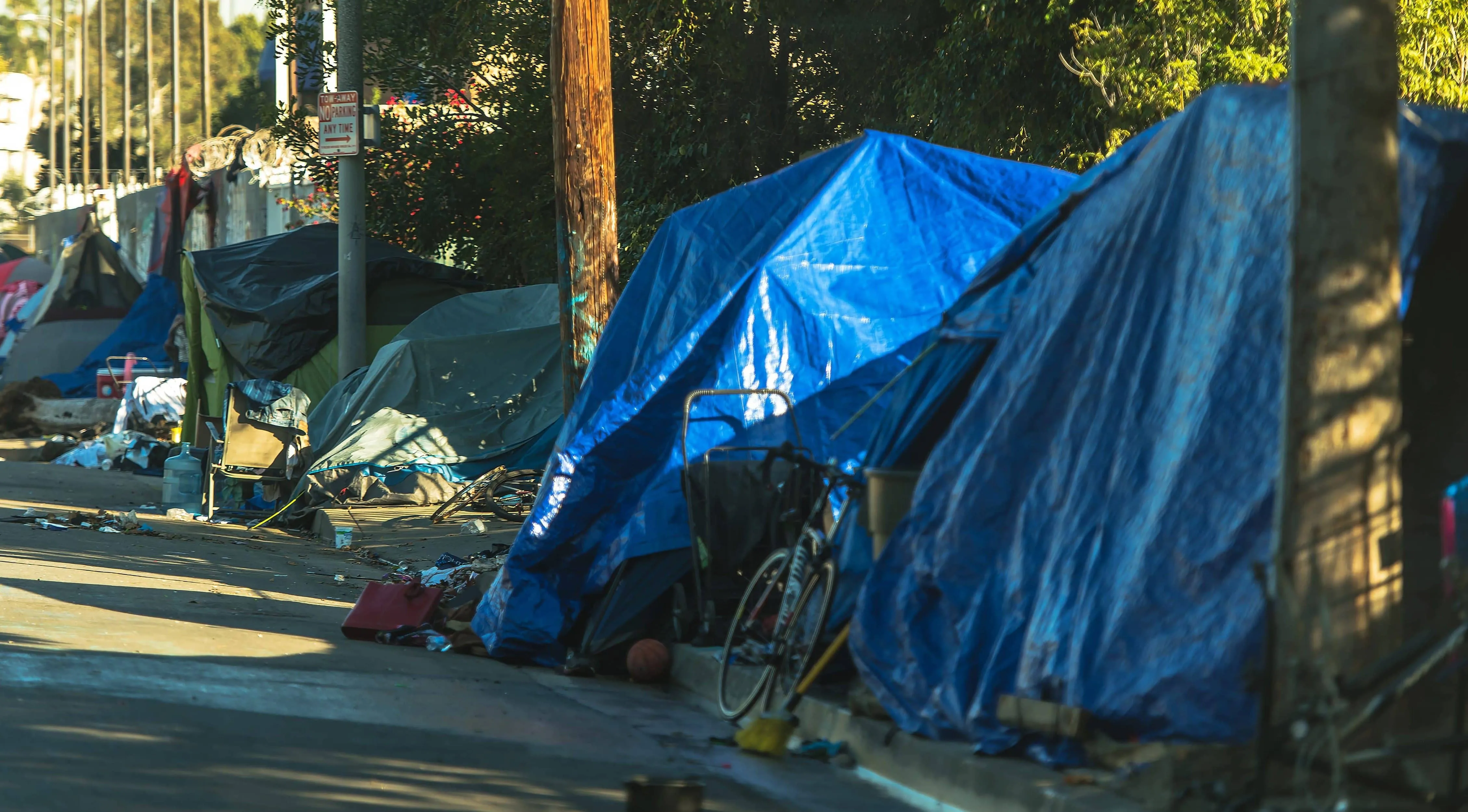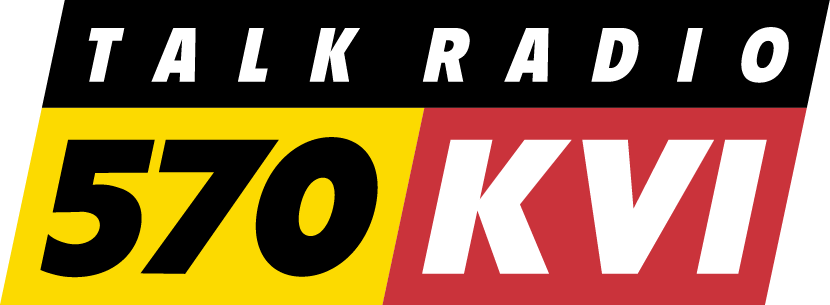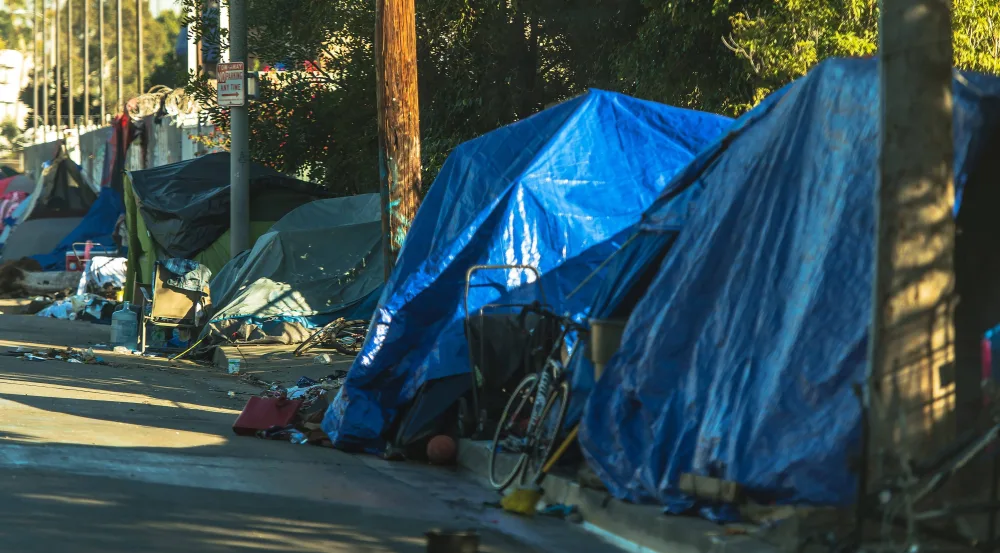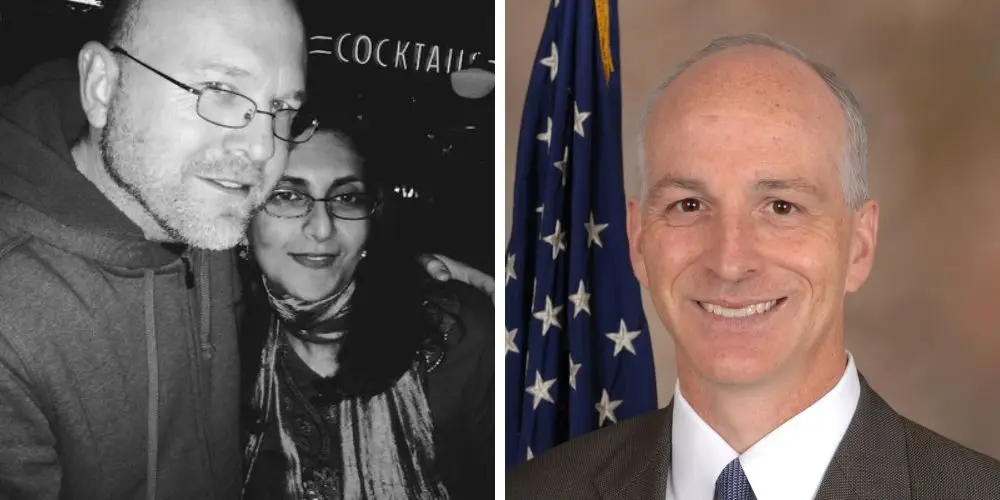
“77% of Voters Back Public Camping Ban, 83% Support Mandatory Rehab for Repeat Offenders”
King County Voters Demand Action on Crime, Addiction, Homelessness, and Cost of Living—Initiative 28 and New Campaign Offer a Clear Path Forward
King County voters are sounding the alarm. A recent WPA Intelligence survey of likely 2025 voters confirms what many residents already feel: the region is in crisis. Public safety is deteriorating, addiction is rampant, homelessness is visible in nearly every neighborhood, and the cost of living is suffocating working families.
Now, a bipartisan coalition of community leaders, small business owners, former elected officials, and everyday citizens has stepped up with a bold response: Initiative Measure No. 28, filed by the Quality of Life Coalition PAC. Their campaign, launched under the banner of the Compassionate Public Safety Act, represents a growing demand for results—not rhetoric.
Voters Rank Safety, Homelessness, and Housing as Top Concerns
The February 2025 survey paints a sobering picture:
-
97% of voters say the cost of living is a serious concern.
-
96% say homelessness is a top issue, with 76% rating it very important.
-
93% identify housing affordability and availability as important.
-
93% also say public safety and crime are urgent issues.
-
87% say addiction and drug overdoses are a priority.
When asked to identify what’s going wrong with public safety policies:
-
30% said rehabilitation services are lacking.
-
20% believe the system is too lenient on repeat offenders.
-
12% pointed to a lack of enforcement of drug-related crimes.
Initiative 28: A Measured, Compassionate Policy for Public Camping
In response, the Quality of Life Coalition has filed Initiative Measure No. 28, which would:
Prohibit unauthorized camping and the storage of personal property on public land in unincorporated King County unless specifically authorized by County Code. While violations would be considered misdemeanors, the measure explicitly states it would not be enforced when no shelter is available—unless the encampment presents a danger to individuals, a public health risk, or disrupts vital government services.
Support for the measure is overwhelming: 77% of voters back a public camping ban paired with guaranteed shelter access.
“This ordinance is about restoring the dignity of our streets, the safety of our neighborhoods, and the promise of our public spaces,” said Saul Spady, founder of the Quality of Life Coalition. “We support simple enforcement, treatment, and triage—not tents.”
The initiative’s language draws inspiration from similar ordinances passed in Burien and San Diego, marking a West Coast shift toward accountability-based compassion.
Support from Across the Political and Cultural Spectrum
The campaign has drawn support from a politically diverse and culturally influential group of backers.
“We cannot allow public safety and public health to be compromised by inaction,” said Jesse Johnson, former State Representative. “This initiative gives King County an on-ramp toward real solutions—housing, shelter, and ultimately healing.”
“As an avowed independent and music fan, I know the world is coming to Seattle looking for the soul of our music scene—and quite often they find graffiti, addiction, and inaction,” said Krist Novoselic, founding member of Nirvana. “I support the Quality of Life Coalition because this is the first step toward making King County safe, livable, and worthy of our incredible cultural legacy.”
With the 2026 FIFA World Cup fast approaching, coalition members say the time for half-measures has passed. Voters, tourists, and businesses alike will be watching whether King County rises to the challenge.
Broader Reform Agenda: Housing, Rehab, and Livability
The campaign isn’t stopping with Initiative 28. The Quality of Life Coalition is also laying the groundwork for a 2026 initiative that would create a “Three Strikes = 6 Months Mandatory Rehab” rule for repeat drug offenders who refuse services.
Meanwhile, voters are calling for proactive housing strategies:
-
85% support developing affordable housing near public transit.
-
79% support allowing taller residential buildings near light rail hubs in exchange for affordable units and low-cost retail for small businesses.
These numbers show the public is open to practical growth and serious reform—so long as leaders prioritize effectiveness over ideology.
Conclusion: A Public Mandate for Common-Sense Change
From homelessness and crime to affordability and addiction, King County residents are fed up with the status quo. Initiative 28 offers a practical, compassionate, and enforceable way to reclaim public spaces while helping the most vulnerable get the support they need.
The Quality of Life Coalition’s approach reflects what voters are demanding: a safe, livable community that doesn’t leave people behind—but doesn’t leave problems untreated either.







